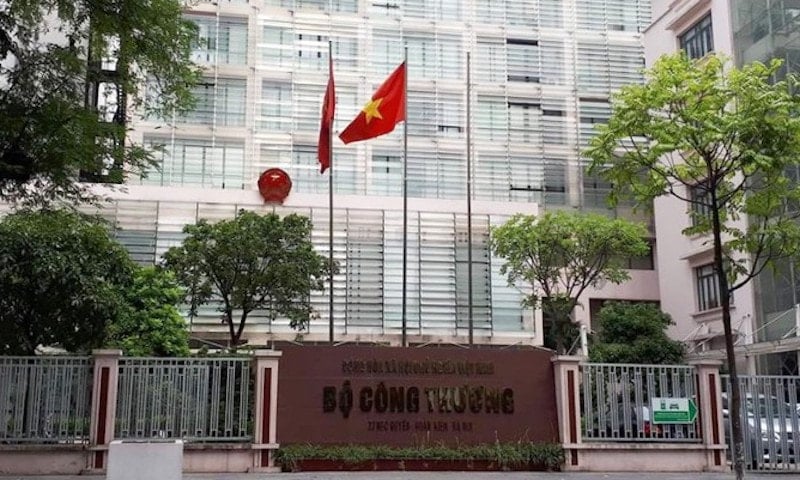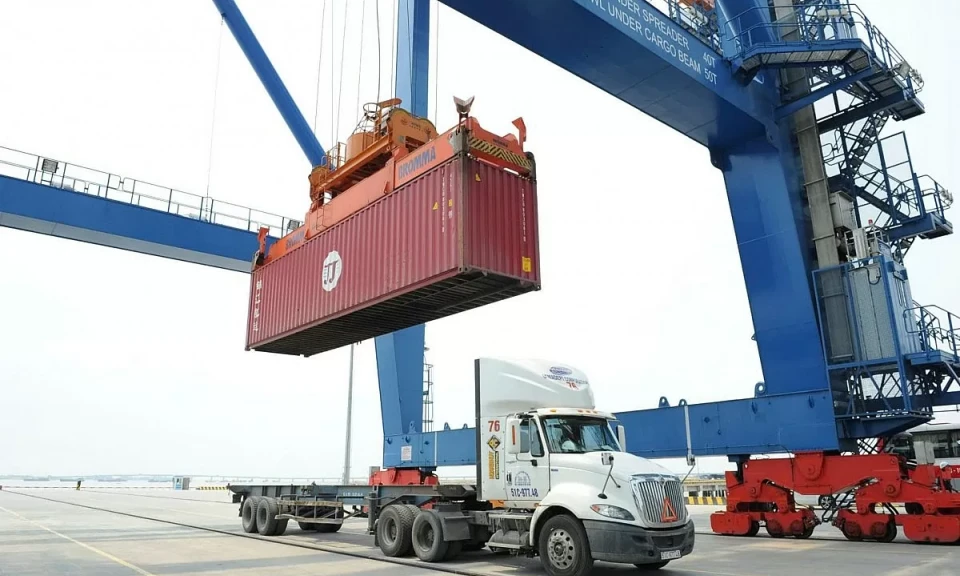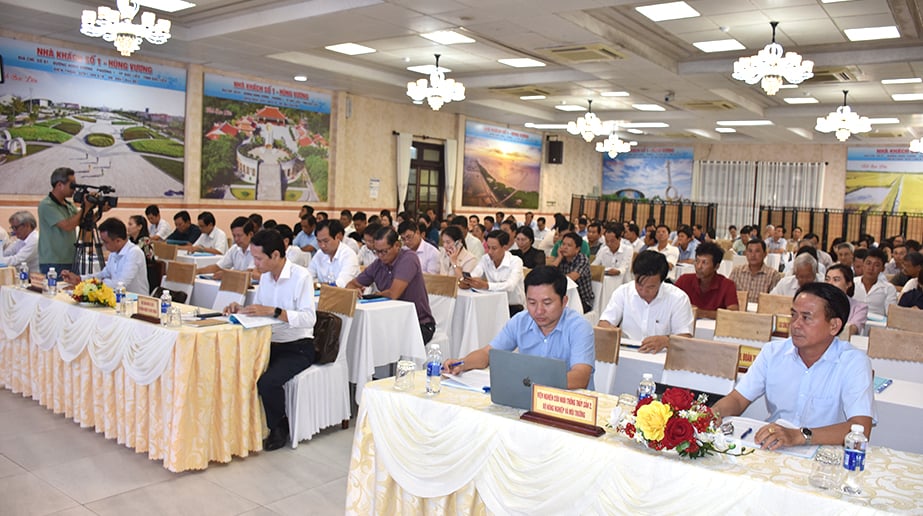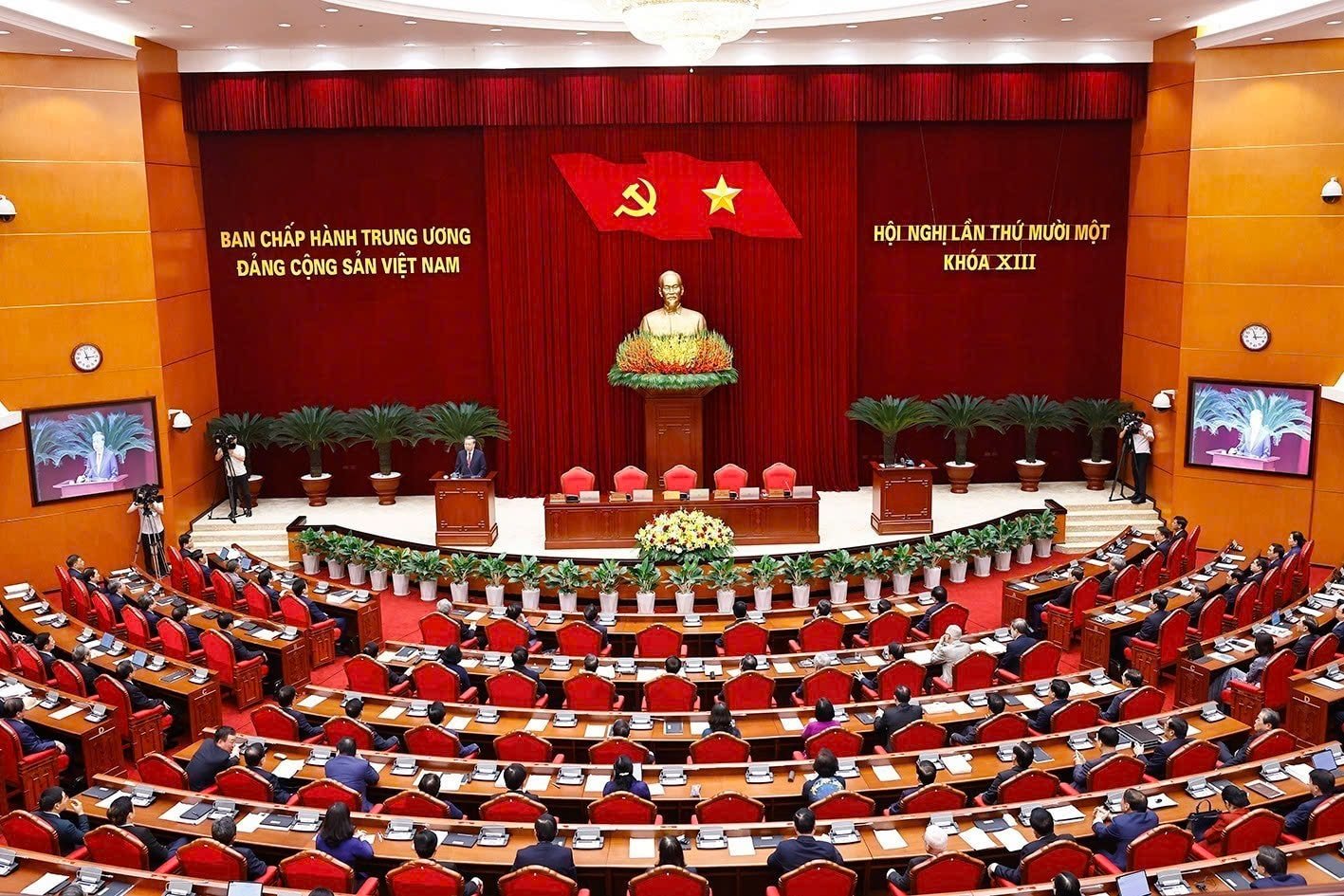
On March 31, 2023, the Ministry of Industry and Trade announced the results of the inspection of EVN's electricity production and business costs in 2021 and 2022 according to the provisions of Decision No. 24/2017/QD-TTg. The results of the inspection of EVN's electricity production and business costs in 2021 and 2022 showed that the cost of electricity production and business in 2022 was VND 2,032.26/kWh, an increase of 9.27% compared to 2021.
According to calculations, the cost of electricity production in 2023 will remain high, and the cost of electricity in 2023 will continue to be higher than in 2022. The cost of electricity production and business in 2023 is estimated at about 2,098 VND/kW hour.
To minimize the impact on the economy and people's lives, implementing the direction of the Ministry of Industry and Trade, EVN issued Decision No. 1416/QD-EVN dated November 8, 2023 on adjusting the average retail electricity price, accordingly the average retail electricity price is 2006.79 VND/kW hour (excluding value added tax) from November 9, 2023. This adjustment is equivalent to an increase of 4.5% compared to the current average retail electricity price.
Basically, this electricity price adjustment will ensure that poor households and policy families are not affected significantly. According to statistics, in 2022, the whole country will have over 1.27 million poor households and social policy households receiving electricity support according to the Government's policy.
Poor households and social policy households continue to receive support according to the provisions of Decision No. 28/2014/QD-TTg dated April 7, 2014 of the Prime Minister. In particular, poor households are supported with a monthly support level equivalent to the amount of electricity used by 30 kW hours/household/month. Social policy households with electricity use of no more than 50 kW hours/month are supported with a monthly support level equivalent to the amount of electricity used by 30 kW hours/household/month.
According to the leader of the Electricity Regulatory Authority (Ministry of Industry and Trade), the Prime Minister has directed the adjustment of electricity prices to avoid "jerky" and reflect the breath of the market; in the draft Decision to adjust Decision 24, the Ministry has adjusted the electricity price adjustment cycle to be reduced from 6 months to 3 months, the adjustment of electricity prices depends on input parameters of electricity prices. The adjustment of average retail electricity prices this time is still based on Decision 24/20217/QD-TTg of the Prime Minister.
Clarifying the basis for this electricity price increase, EVN said that the adjustment of EVN's retail price is carried out according to Decision 24/2017/QD-TTg. Clause 5, Article 3 of Decision 24 stipulates: "The minimum time for adjusting the average electricity price is 06 months from the most recent electricity price adjustment" and Clause 2, Article 3 "During the year, the average electricity price is considered for adjustment when the basic input parameters in the electricity generation stage fluctuate compared to the parameters used to determine the current average electricity price".
In 2023, the development of input parameters for power generation will still have a very adverse impact on EVN's production and business situation: the structure of hydropower sources will decrease sharply compared to 2022 (expected to decrease by 16.9 billion kWh, replaced by coal, gas and oil thermal power sources) due to the El Nino phenomenon causing prolonged heat; prices of input fuels for power plants will remain high, accordingly, the price of imported coal NewC Index in 2023 is expected to increase by 186% compared to 2020 and 25% compared to 2021;
TKV blended coal: the average expected increase in TKV's blended coal price in 2023 is from 29.6% to 46.0% (depending on the type of coal) compared to the coal price applied in 2021; Dong Bac Corporation's blended coal: the expected increase in Dong Bac Corporation's average blended coal price in 2023 is from 40.6% to 49.8% (depending on the type of coal) compared to the coal price applied in 2021;
Brent crude oil prices are expected to increase by 100% in 2023 compared to the average in 2020 and by 18% compared to 2021; foreign exchange rates are also expected to increase sharply, with an average increase of 4% in 2023 compared to 2021.
The average retail electricity price was last adjusted from May 4, 2023. It has been 6 months since the last adjustment. Fuel prices are still high, output structure is fluctuating in an unfavorable direction (low-priced electricity sources decrease, expensive prices increase). Although the retail electricity price has been adjusted up by 3% from May 4, 2023, this only solves part of the financial difficulties and EVN still has to continue to face many difficulties in financial balance, so the consideration of adjusting electricity prices is appropriate according to the provisions of Decision No. 24/2017/QD-TTg.
Also at the discussion, the leader of the Business Department of EVN also informed about the change in the meter index closing schedule, accordingly, the Group wanted to record the meter index on the last day of the month and year for a long time but could not do it because up to now, it has used many mechanical meters. This affects the cost accounting, especially for businesses.
Currently, the rate of electronic meters has reached 85%, so the Group has decided to change the time of recording meter readings to the last day of the month and year. This helps businesses to correctly account for the costs of the month and year: for households, it also makes it more convenient to monitor the correct level of electricity consumption during the month. Electricity units have clearly informed customers about this.
If last month, the meter reading was done on October 20, this time it will be done on November 30. Instead of recording the reading on the 20th, it will be recorded on the 30th. This is the first time the reading time has been changed, customers will pay for electricity for 40 days of use (from October 20 to November 30), the electricity bill will increase but in essence it is not an increase in cost but due to the delay in reading the reading by 10 days. The Group requests to establish a suitable reading roadmap for the development of electronic meters from now until 2025./.
 |
Source


![[Photo] Closing of the 11th Conference of the 13th Central Committee of the Communist Party of Vietnam](https://vstatic.vietnam.vn/vietnam/resource/IMAGE/2025/4/12/114b57fe6e9b4814a5ddfacf6dfe5b7f)
![[Photo] Overcoming all difficulties, speeding up construction progress of Hoa Binh Hydropower Plant Expansion Project](https://vstatic.vietnam.vn/vietnam/resource/IMAGE/2025/4/12/bff04b551e98484c84d74c8faa3526e0)






















































































Comment (0)